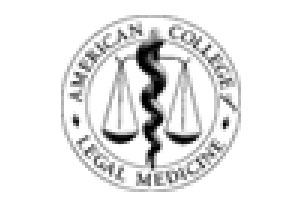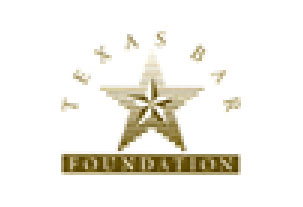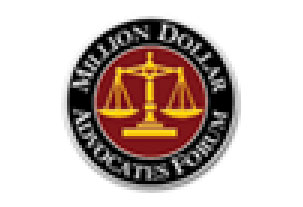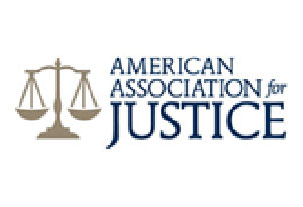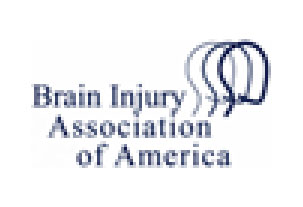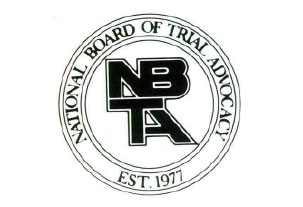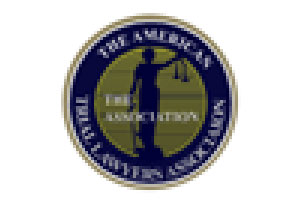Points to Environmental Factors
A new study supports the argument that environmental factors may play a causal role in the development of autism spectrum disorder (ASD). According to recent research at Northwestern University involving ASD-discordant twin pairs who are part of the Swedish Twin Registry’s Child and Adolescent Twin Study, twins with a lower birth weight are more than three times as likely to meet criteria for autism spectrum disorder. The study identified a 13 percent increase in ASD risk for every 100 grams (3.5 ounces) of decreased birth weight.
Led by Molly Losh, director of Northwestern’s Neurodevelopmental Disabilities Laboratory, researchers studied 3,725 same-sex twin pairs born between 1992 and 1995 with a difference in birth weight of more than 400 grams (about 14 ounces) or at least 15 percent. The study sample included both identical and fraternal twins. According to Losh (as quoted by Science Daily): “That only one twin is affected by ASD in some identical twin pairs suggests that environmental factors may play a role either independently or in interaction with autism risk genes.” Because ASD affects early brain development, Losh believes “prenatal and perinatal environmental factors may be of particular importance.”
Injuries during labor or delivery, known as birth injuries or birth trauma, are one perinatal factor that can affect a baby’s brain development. Birth injuries can be caused by a number of medical mistakes, including but not limited to:
- Failure to detect or properly respond to umbilical cord entanglement
- Misuse of forceps
- Improperly using a vacuum extractor
- Failure to treat jaundice
- Ordering a cesarean section too late
- Starting CPR too late
- Improper monitoring of fetal heart rate equipment
Parents whose children develop autism, cerebral palsy or any other incurable condition after experiencing a birth injury should consult an experienced cerebral palsy attorney to learn about their legal rights.
The discordant twin study out of Northwestern University is not the only research to suggest a possible link between low birth weight and autism. Another study, which did not focus on twins, found that 5 percent of low-birth-weight babies might eventually screen positive for autism compared to about 1 percent of normal-birth-weight babies. The study followed 623 children who were born between 1984 and 1989 in New Jersey with birth weights between one and 4.4 pounds. The children were first screened for autism at age 16, and then at age 21, 70 of the 117 children who initially screened positive for autism and 119 of the 506 children who initially screened negative for it were re-tested. Researchers found that about 5 percent of the study participants developed ASD.
When a birth defect or birth trauma is the result of medical malpractice, parents may be entitled to financial compensation. If your child was diagnosed with autism, cerebral palsy or another disorder after suffering an injury at birth, contact a qualified cerebral palsy lawyer today.




